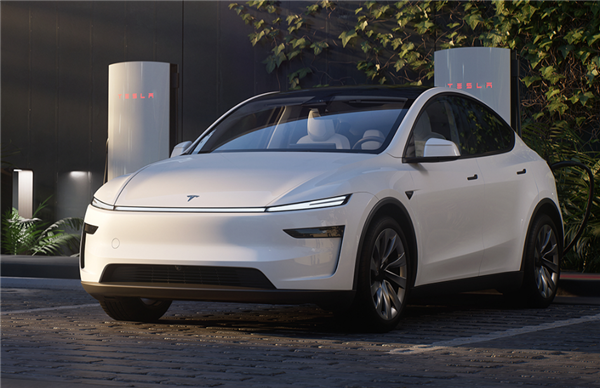June 21, 2025 – A recent investigation conducted by Geotab, a prominent British telematics firm, reveals that the majority of electric vehicle (EV) batteries exhibit minimal annual degradation, allowing them to last up to 20 years. This lifespan exceeds the average U.S. vehicle lifespan by six years, as per the findings.
Over a two-decade period, the study indicates that EV batteries degrade at an average rate of approximately 1.8% annually, translating to less than a 2% reduction in driving range each year. While not perfect, this degradation rate is considered manageable and unlikely to disrupt regular use. Assuming no major malfunctions occur, these batteries can retain 64% of their original range after 20 years. The analysis is based on a dataset comprising over 10,000 EVs.
Although EV batteries are not entirely immune to issues, statistical data shows that their failure rates are remarkably low. Research suggests that fewer than 0.5% of EV batteries produced in the past decade have experienced failures.

It’s important to note that battery degradation isn’t uniform and can be influenced by geographical and environmental factors. The most significant decline in battery capacity typically occurs in the initial years, followed by a period of stabilization, before accelerating again as the battery nears the end of its useful life. Additionally, exposure to high temperatures can expedite degradation, making it advisable to park EVs in shaded areas, especially during charging.
Modern EVs are equipped with sophisticated cooling and heating systems to regulate battery temperature, but maintaining lower temperatures is generally preferable to higher ones. This principle also applies to DC fast charging, which, while convenient, can slightly accelerate battery degradation compared to Level 1 or Level 2 slow charging.
For nickel-manganese-cobalt (NMC) and nickel-cobalt-manganese (NCM) batteries, commonly known as ternary lithium batteries, keeping the state of charge between 20% and 80% can help prolong their lifespan. In contrast, lithium iron phosphate (LFP) batteries typically do not have this restriction. However, research indicates that frequently charging LFP batteries to their full capacity may also shorten their lifespan.
Despite adhering to these recommendations, it’s inevitable that EV batteries will experience some natural degradation over time. Similar to how gasoline vehicles can develop issues like hose aging and fuel pump damage when left unused for extended periods, batteries also gradually lose some capacity when idle.












